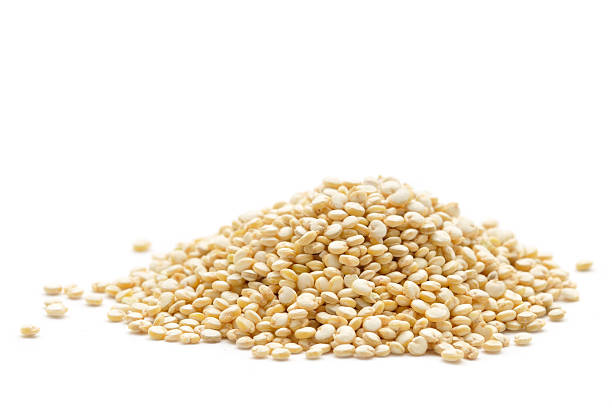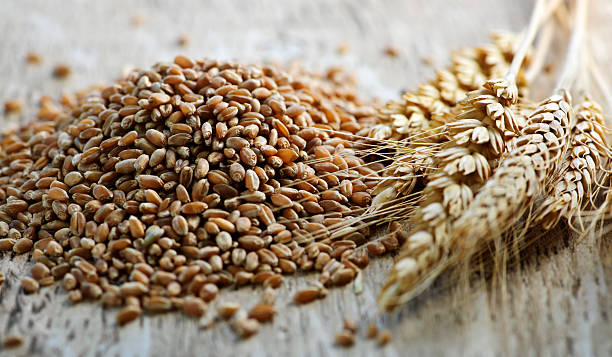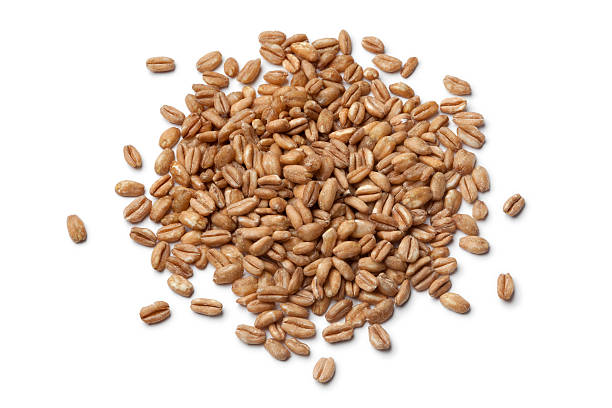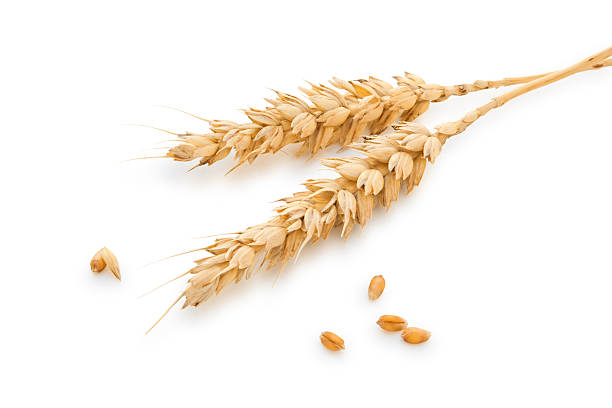In the tapestry of ancient grains, amaranth emerges as a nutritional powerhouse, revered not only for its rich history but also for its impressive array of essential nutrients. Originating from Central and South America, amaranth has been cultivated for thousands of years and is experiencing a renaissance in modern wellness circles, earning acclaim for its versatility and exceptional nutritional profile.
Protein Prowess:
Amaranth is celebrated for its remarkable protein content, standing out among grains. It provides a complete set of essential amino acids, making it an invaluable plant-based protein source. The protein in amaranth contributes to muscle repair, immune function, and overall cellular health, making it a crucial addition to diverse diets, including those of vegetarians and vegans.
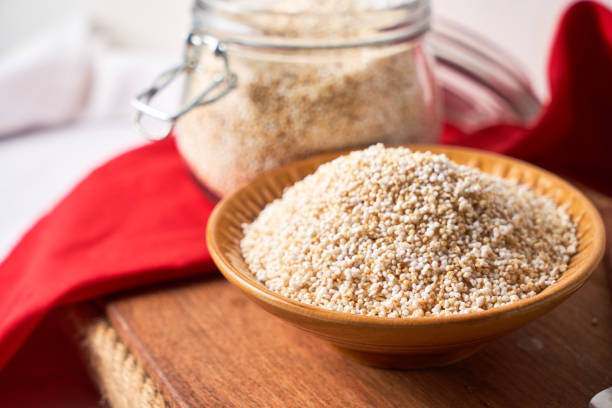
Abundant Fiber for Digestive Health:
One of the standout features of amaranth lies in its abundant fiber content. Both soluble and insoluble fibers are present, promoting digestive health by supporting regular bowel movements, preventing constipation, and fostering a healthy gut microbiome. Amaranth’s fiber richness also aids in weight management by inducing a feeling of fullness.
Mineral Wealth (Calcium, Iron, Magnesium):
The mineral composition of amaranth adds to its nutritional allure. Amaranth is particularly rich in calcium, vital for bone health. It also provides iron, essential for oxygen transport in the blood, and magnesium, crucial for muscle and nerve function. The mineral wealth of amaranth supports overall cardiovascular, skeletal, and muscular well-being.

Vitamin Bounty (Folate, Vitamin K, Vitamin B6):
Amaranth contributes to the vitamin spectrum, including folate, vitamin K, and vitamin B6. Folate is important for cell division, vitamin K plays a role in blood clotting and bone health, and vitamin B6 supports nervous system function and energy metabolism. Amaranth’s vitamin bounty adds to its nutritional diversity and promotes overall vitality.
Heart-Healthy Fats:
Amaranth contains heart-healthy monounsaturated and polyunsaturated fats, contributing to cardiovascular health by supporting good cholesterol levels and reducing the risk of heart disease. The balance of fats in amaranth adds to its overall nutritional excellence.
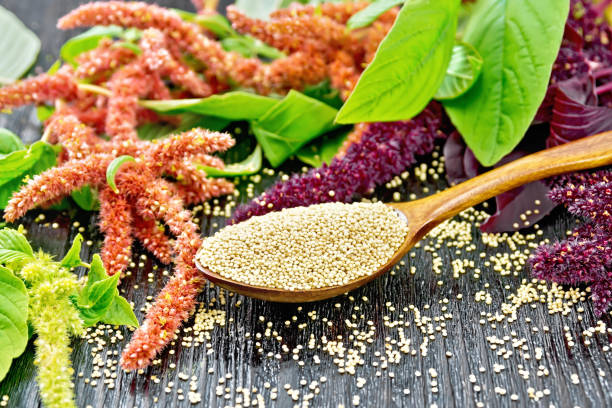
Antioxidant-Rich:
Amaranth houses a variety of antioxidants, including vitamin E and polyphenolic compounds. These antioxidants play a pivotal role in neutralizing free radicals, potentially reducing oxidative stress and inflammation. Regular consumption of amaranth may contribute to cellular health and the prevention of chronic diseases associated with oxidative damage.
Gluten-Free and Versatile:
Amaranth is naturally gluten-free, making it an ideal option for individuals with gluten sensitivities or celiac disease. Its gluten-free nature enhances its versatility in various culinary applications, allowing it to be used in a range of dishes, from breakfast porridges to savory pilafs and baked goods.
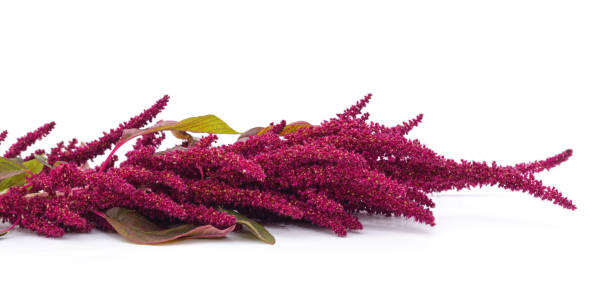
Culinary Versatility:
Beyond its nutritional virtues, amaranth’s culinary versatility makes it a beloved ingredient in various dishes worldwide. Whether enjoyed as a warm cereal, added to soups and stews, or incorporated into gluten-free baked goods, amaranth’s nutty flavor and hearty texture elevate both sweet and savory creations.
In conclusion, amaranth, with its protein prowess, abundant fiber, and nutrient diversity, stands as a grain that bridges ancient wisdom with contemporary wellness. As we appreciate its historical significance and modern applications, amaranth continues to be a symbol of wholesome nutrition, offering a versatile and nutrient-dense alternative in the evolving landscape of grains. From supporting digestive health to providing essential nutrients, amaranth remains a grain that embodies both tradition and innovation in the pursuit of holistic well-being.

